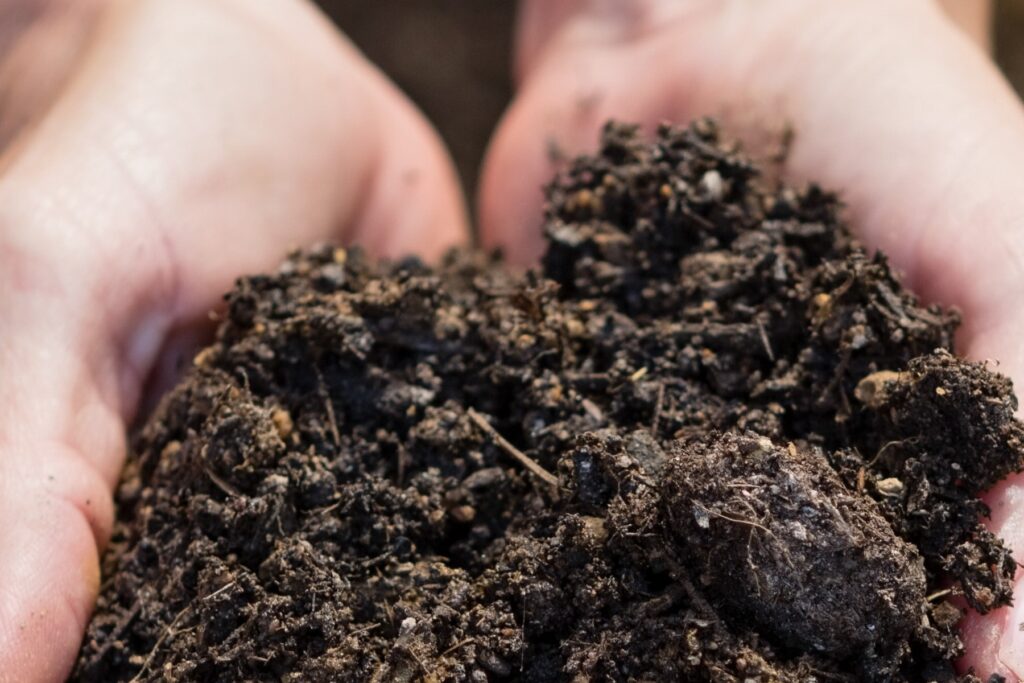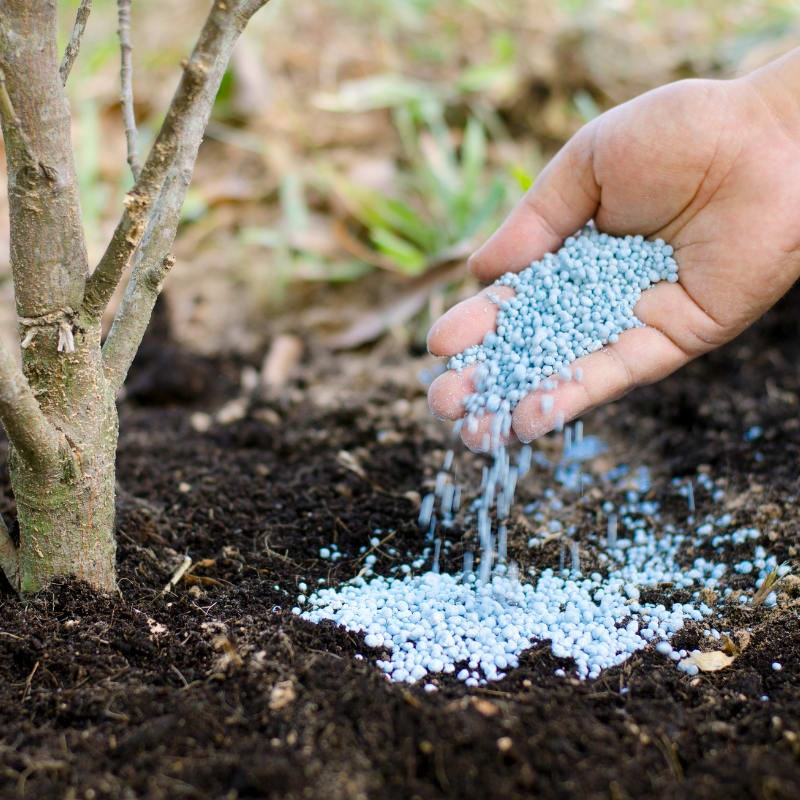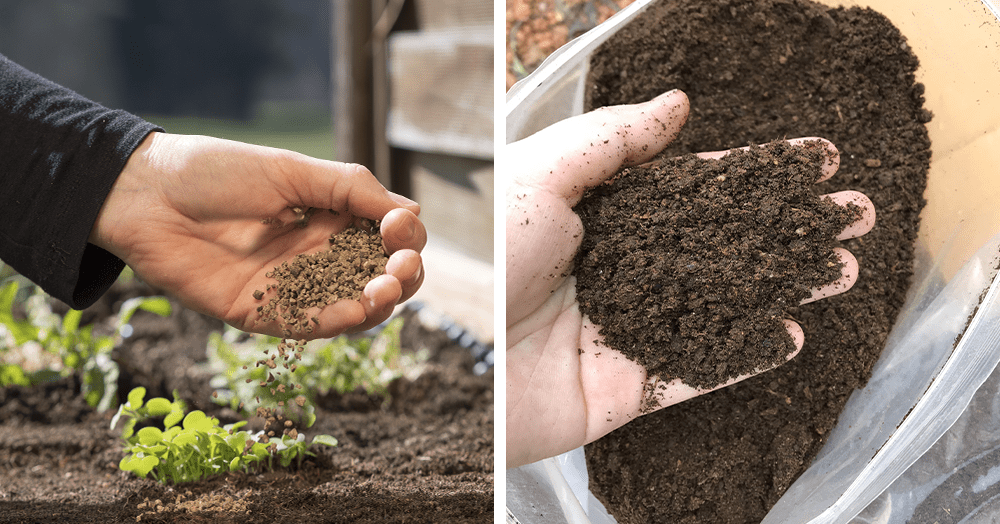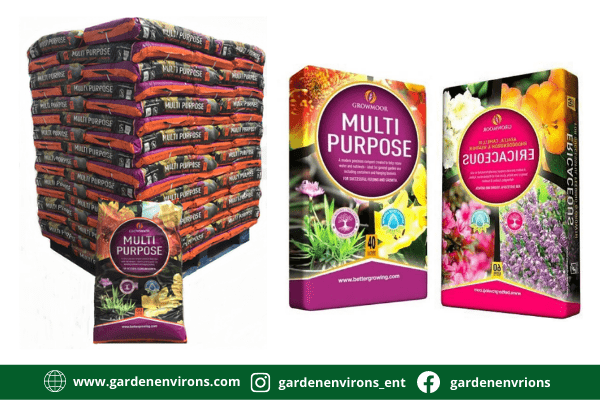Gardeners and farmers alike frequently struggle with selecting the best fertilizers for their plants. The decision between organic and synthetic fertilizers is critical because it affects not only the health of your plants but also the overall sustainability of your gardening practices. In this comprehensive guide, we will examine the pros and cons of both organic and synthetic fertilizers, allowing you to make informed decisions for a flourishing garden.
Organic Fertilizers

Pros:
Environmentally Friendly: Because organic fertilizers come from natural sources, there is less chance of pollution from chemicals and chemical runoff.
Soil Health: They support long-term soil fertility by enhancing microbial activity and soil structure.
Slow Nutrient Release: Plants receive a steady supply of nutrients from organic fertilizers because they release nutrients gradually.
Cons:
Lower Nutrient Concentration: Compared to their synthetic counterparts, organic fertilizers typically have lower nutrient concentrations, requiring larger volumes to achieve the same effect.
Variable Composition: It can be difficult to precisely manage nutrients when there is variation in the nutrient content.
Slow Action: Plant growth responds more slowly to these types of fertilizers because they take longer to decompose and release nutrients.
Synthetic Fertilizers

Pros:
High Nutrient Concentration: Synthetic fertilizers are frequently more concentrated, allowing for more precise nutrient application control.
Rapid Results: They promote rapid plant growth and increased yields by providing rapid nutrient availability. These fertilizers have consistent nutrient ratios, allowing for accurate nutrient management.
Cons:
Environmental Concerns: Synthetic fertilizer runoff can contribute to water pollution, causing problems such as algal blooms.
Soil Degradation: An overreliance on these types of fertilizers may result in pH and nutrient imbalances, affecting long-term soil health.
Dependence: The continuous use of synthetic fertilizers can lead to dependency, reducing the soil’s natural fertility.
In conclusion, choosing between organic and synthetic fertilizers is influenced by a number of factors, including environmental concerns, cost, and crop-specific requirements. A balanced approach that combines the strengths of both types may provide a long-term solution for modern agriculture. Farmers and gardeners must carefully weigh the pros and cons in order to make informed decisions that are consistent with their goals and values.







